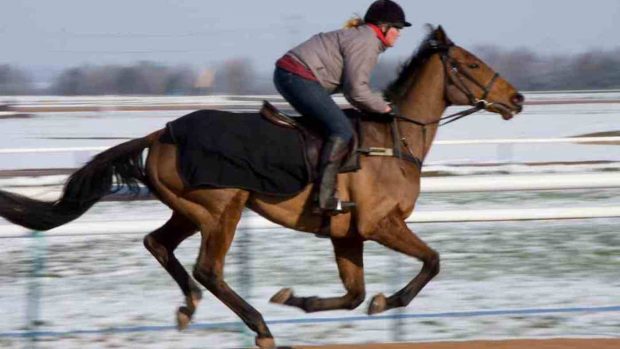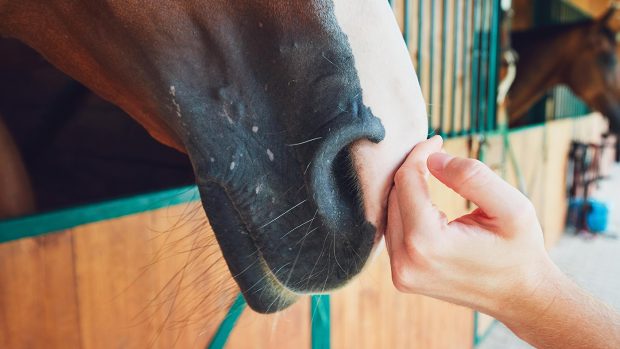One of the UK’s leading equine charities aims to tackle the profile of working horses, ponies and donkeys in developing countries by highlighting the role they could play in alleviating poverty.
The Brooke has published a report — Bearing a Heavy Burden — linked to its new campaign to promote itself as “the animal charity that helps people too”.
The report hopes to boost public awareness of the mutual dependence between man and horses in the developing world.
As well as care for horses, the charity aims to provide education and training to owners and governments, through its team of mobile vet teams, field clinics and community animal health workers in the world’s poorest countries, such as Ethiopia, Egypt and India.
Dorcas Pratt, The Brooke’s director of international development, said: “Unless the central role of working horses, donkeys and mules in poor nations is taken into account, a major means of alleviating world poverty will be overlooked and millions of equines will continue to suffer.”
The report, produced by animal welfare expert Carol McKenna, highlights how critical horses are to food production, transport, distribution and security.
It also shows the significant role animals have played in the empowerment of women, with tasks such as water carrying undertaken far more quickly using a donkey.
Dr Joy Pritchard, head of animal welfare and research at The Brooke, adds: “If an owner doesn’t know how to look after his animal, it will fall into poor condition and become less productive.
“This vicious cycle can lead to animals becoming too ill to work or dying, and the owner losing his livelihood. ”
• For more information, go to www.thebrooke.org.uk
This article was first published in Horse & Hound (30 Oct, ’08)





